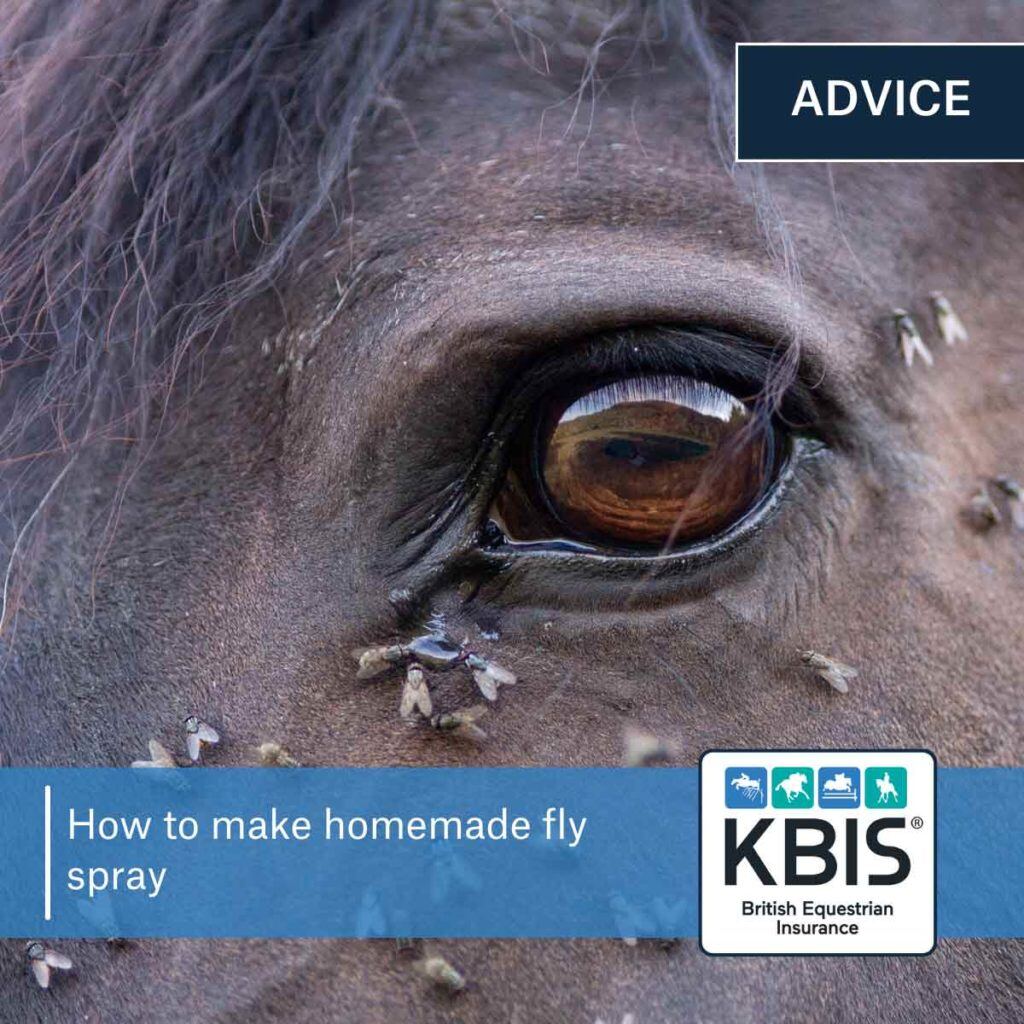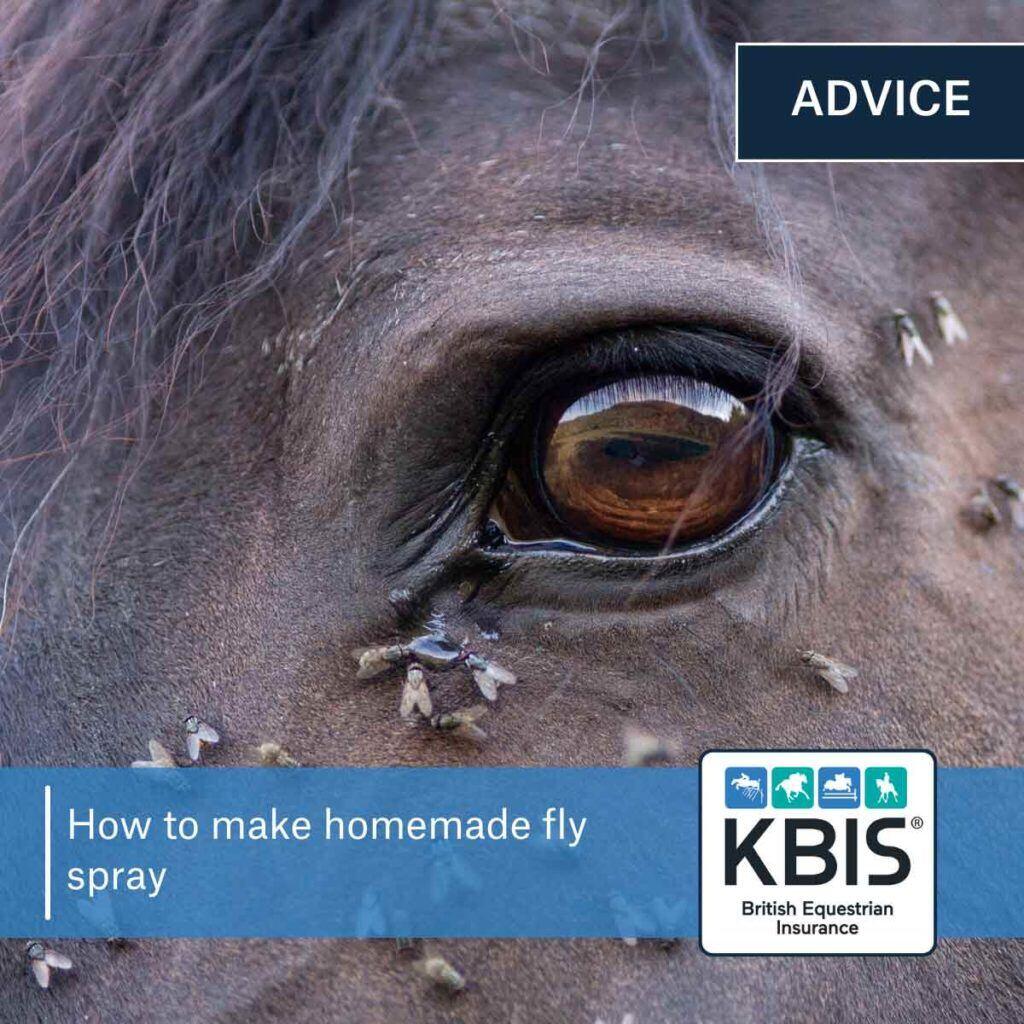Advice How to make homemade fly spray Posted on 19 May 20241 August 2024 by KBIS
Category Archives: KBIS - Advice
Advice How to make homemade fly spray Posted on 19 May 20241 August 2024 by KBIS
If money were no object what would your dream home be? These five very special country properties that might just have ‘room for a pony’!
‘No foot no horse’, we all know that saying – basically if the foundations are not good the horse will not last! The same is true for your arena, good foundations are key to a long-lasting, easy to maintain arena.
Whether you are investing in a horsebox for the first time or replacing your existing vehicle, it is a huge investment and one that must include lots of research and consideration. We have teamed up with the horsebox building experts at Equitrek to bring you their expert advice on what to weigh up when it comes to buying a horsebox.
Advice Buying a new horsebox – what you need to know Posted on 14 December 202314 December 2023 by KBIS
Advice Buying a new horsebox – what you need to know Posted on 14 December 202314 December 2023 by KBIS
It is every equestrian’s dream to have their own yard. We have all lost time trawling property sites, daydreaming about indoor arenas with sound systems and American barns with chandeliers that are nicer than our homes. At KBIS, we are definitely guilty of our fair share of yard envy. So much so, that we’ve brought together our top yards we would […]









